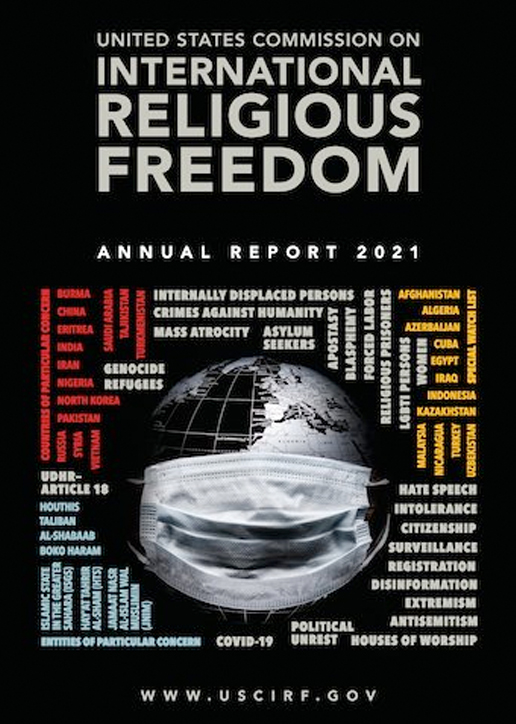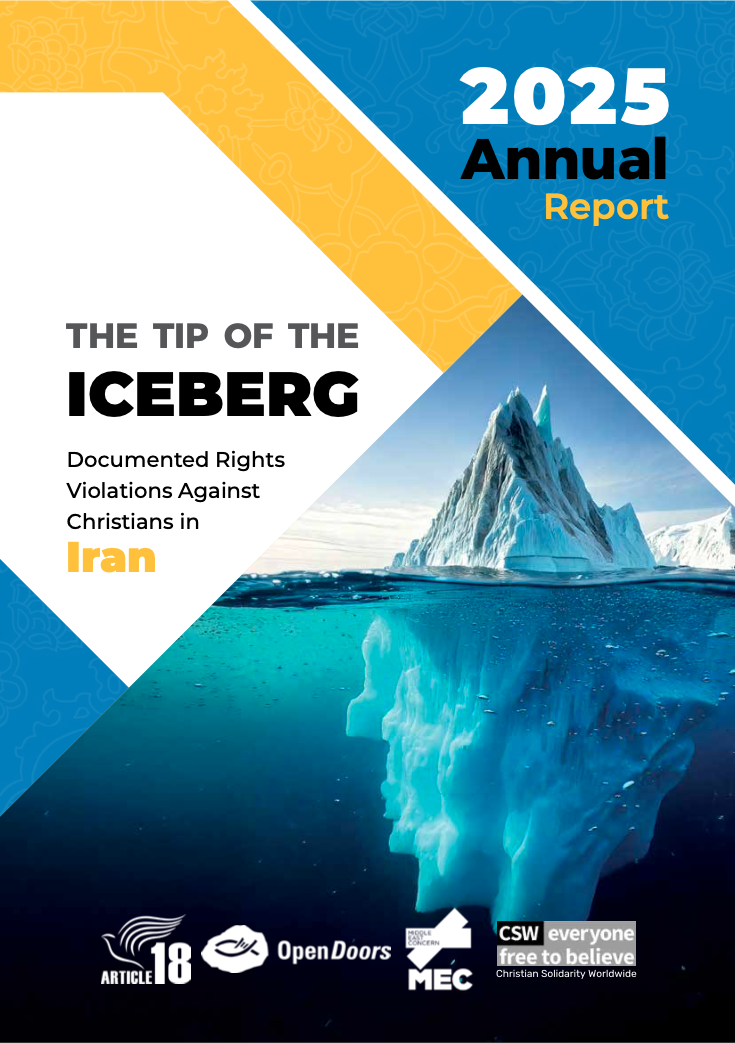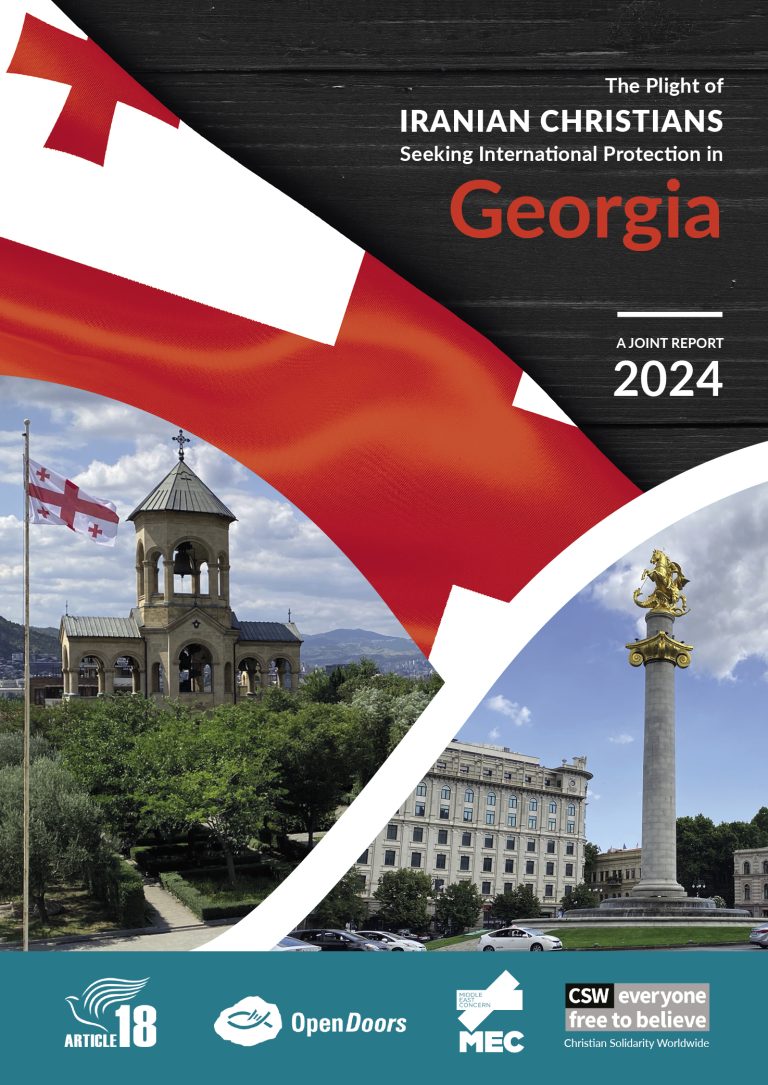The US Commission on International Religious Freedom has called on the US government to “prioritise” the resettlement of refugees who have experienced the “most egregious forms of religious persecution”, singling out “Iranian religious minorities” as an example.
In its latest annual report, released today, the independent, bipartisan group once again recommends that Iran remains among the list of Countries of Particular Concern (CPCs) for “engaging in systematic, ongoing, and egregious violations of religious freedom”.
In its section on Iran, USCRIF says religious freedom conditions in Iran “deteriorated” in 2020, “with the government escalating its severe repression of religious minorities”.
USCIRF commissioner Johnnie Moore notes how “Iran’s activities within and outside of the country target religious minorities and especially Jews, Evangelical Christians, and Baha’is”.
The commissioner adds that he is “appalled by reports that certain Biden administration officials would, in effect, reward Iran for its bad behaviour by eliminating sanctions prematurely”.
“During the year, scores of Christians were arrested, assaulted, and unjustly sentenced to years in prison,” the report notes.
USCIRF highlights the arrest and mistreatment of Christian convert Fatemeh (Mary) Mohammadi, as well as the court’s decision to remove two-year-old Lydia from the care of her adoptive parents, Sam Khosravi and Maryam Falahi, because they are Christian converts and Lydia is considered a Muslim.
The report also references the 80 lashes given to Christian convert Mohammad Reza (Youhan) Omidi; the harsh sentencing of 65-year-old Christian convert Esmaeil Maghrebinezhad; how Iranian-Assyrian pastor Victor Bet-Tamraz and his wife Shamiram Issavi fled the country after their appeals against long prison sentences were rejected; and how pastor Yousef Nadarkhani remains in prison despite the findings of a UN working group that his detention is arbitrary.
In its recommendations, USCIRF says the US government should:
- Re-designate Iran as a “country of particular concern,” or CPC, for engaging in systematic, ongoing, and egregious violations of religious freedom, as defined by the International Religious Freedom Act (IRFA);
- Continue to impose targeted sanctions on Iranian government agencies and officials responsible for severe violations of religious freedom by freezing those individuals’ assets and/or barring their entry into the United States under human rights related financial and visa authorities, citing specific religious freedom violations;
- Raise religious freedom and other human rights abuses in any discussions with Iran’s government regarding U.S. re-entry to and the Joint Comprehensive Plan of Action (JCPOA);
- Work with members of the International Religious Freedom or Belief Alliance to exert multilateral pressure on Iran to improve religious freedom conditions and release religious prisoners of conscience;
- Press for the release of all religious pris- oners of conscience, including Yousef Nadarkhani and Golrokh Ebrahimi Iraee;
- Reauthorise and ensure implementation of the Lautenberg Amendment, which aids persecuted Iranian religious minorities seeking refugee status in the United States.




0 Comments